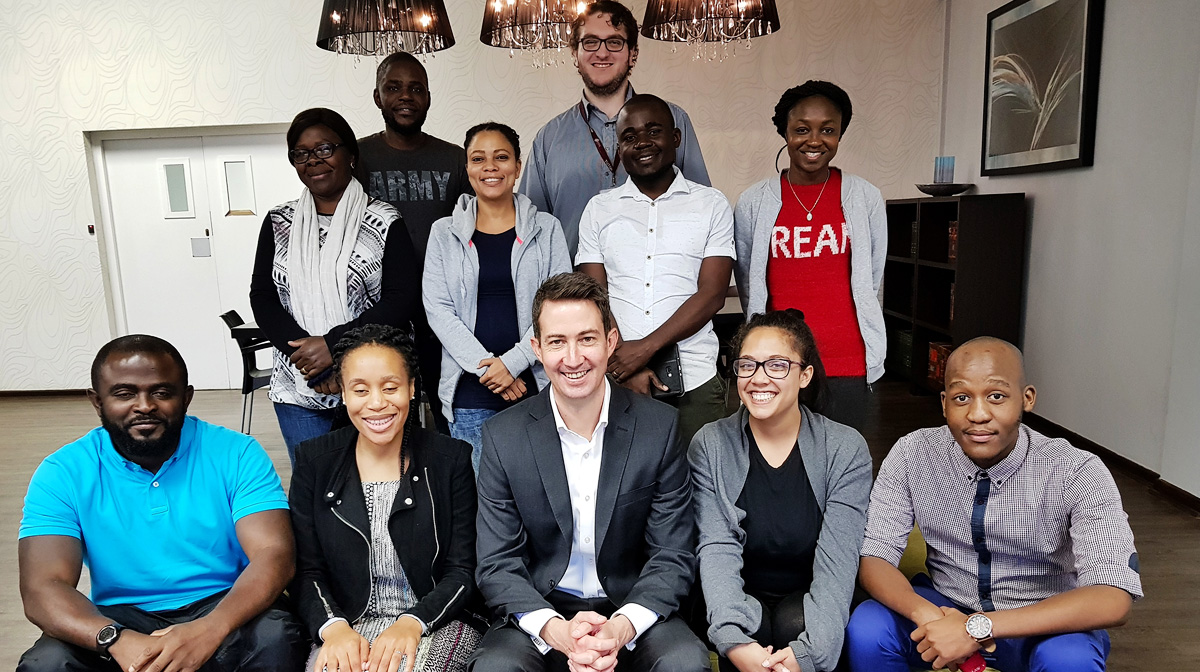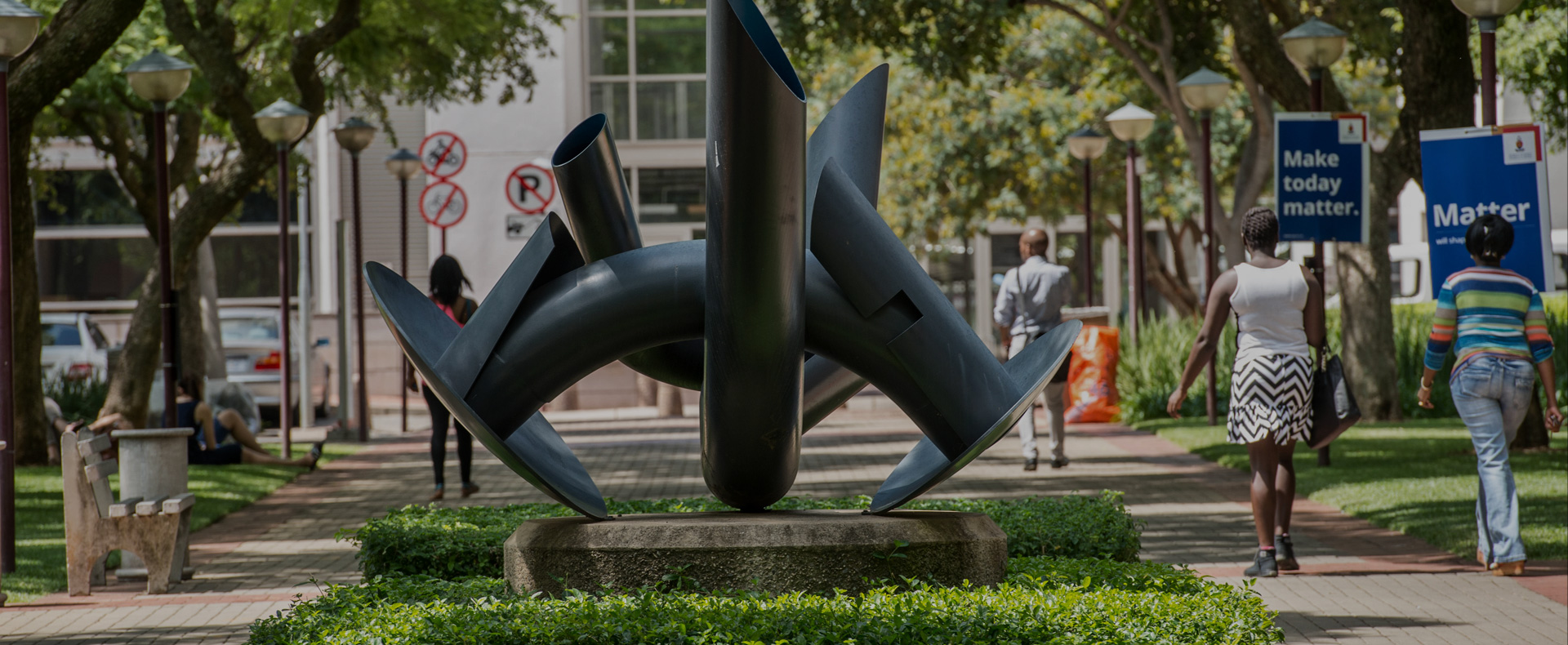Transforming concept into concrete - special economic zones in Africa

Photo above: Jamie MacDonald poses with LLM students attending the Special Economic Zone training at the University of the Western Cape.
It is always a privilege to teach, and to teach some of Africa's emerging leaders on the topic of special economic zones was certainly no exception.
Through New Perimeter, DLA Piper has facilitated a course in special economic zones for Master's students studying in South Africa for a number of years. This year, however, the course was run via video conferencing with the University of the Western Cape.
As with past years in which we have participated in this course, the students we taught demonstrated an innate passion for their home countries, exercising particular skill in extracting the broad concepts of special economic zones and applying them to the unique economic and political environments of their respective nations.
The students' enthusiasm and desire to make a difference was central in all questions put forward, challenging us humble 'lecturers' both in a legal sense, and encouraging us to brainstorm ideas and draw on comparable case studies. Such questions included:
- How can you develop a special economic zone in a landlocked country?
- How do you overcome previous experiments with special economic zones that were unsuccessful?
- How do we emulate some of the better zones from around the world and avoid the traps many zones fall into?
- Are special economic zones really the answer for us?
Special economic zones, by their very nature, touch on a number of academic fields - economics, investment, politics, diplomacy and the worlds of commerce, business and law. Our colleagues accordingly spoke to a range of topics, including the reasons for establishing a special economic zone, history and development trends, attracting foreign direct investment, legal and policy framework, policy issues, case studies, free trade agreements and a more interactive class discussion on South Africa.
The firm drew on a number of its internal specialists in the field of special economic zones to address these broad topics. The team included Martin Schaefermeier (Of Counsel, Washington D.C.), Stephen Webb (Partner and Asia Pacific Head of Energy, Brisbane), Enrique Chamorro (Of Counsel, Madrid) and Emily Chalk (Associate, London), each of whom volunteered their time to present via videoconference. The course was expertly organised by Suzanna Brickman (Pro Bono Counsel, Palo Alto) and her team. Special mention should go to Jamie MacDonald (Director, Johannesburg), who was on-the-ground moderating all of the sessions and also presented on a number of topics himself. He was invaluable to the successful dialogue between the lecturers, who appeared by video, and the students.
The students also heard from an expert in the field of special economic zones, Professor Jim Coleman, who guided the students through his vast experience in Africa and provided an economist's take on special economic zones.
In order to be truly effective, special economic zones cannot merely exist on paper, or in well-worded advices or legal instruments. Rather, they gain life through the minds of emerging leaders and scholars, just like the students who attended our course, all of whom have a clear passion for development.
Teaching About Special Economic
Zones in South Africa
